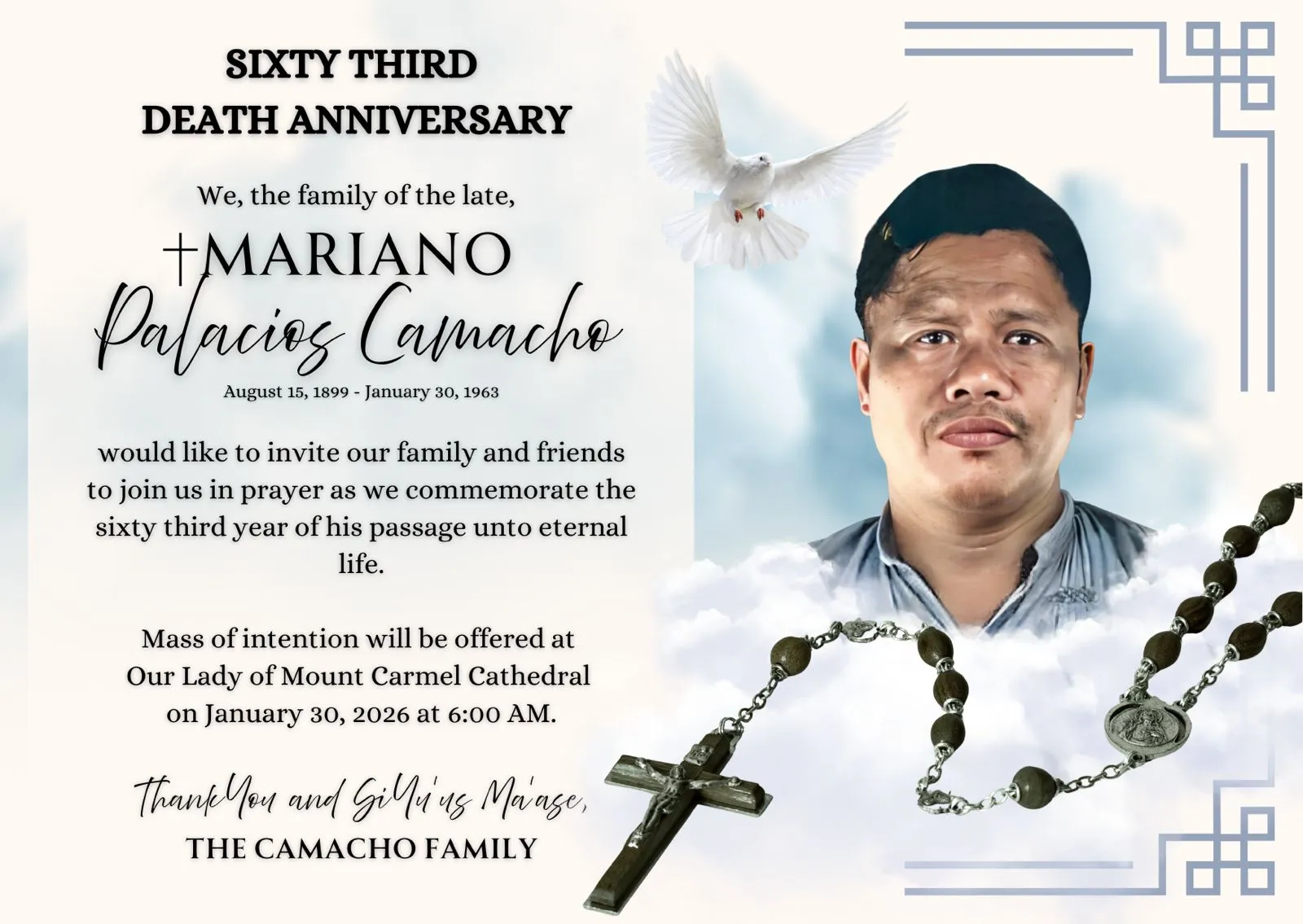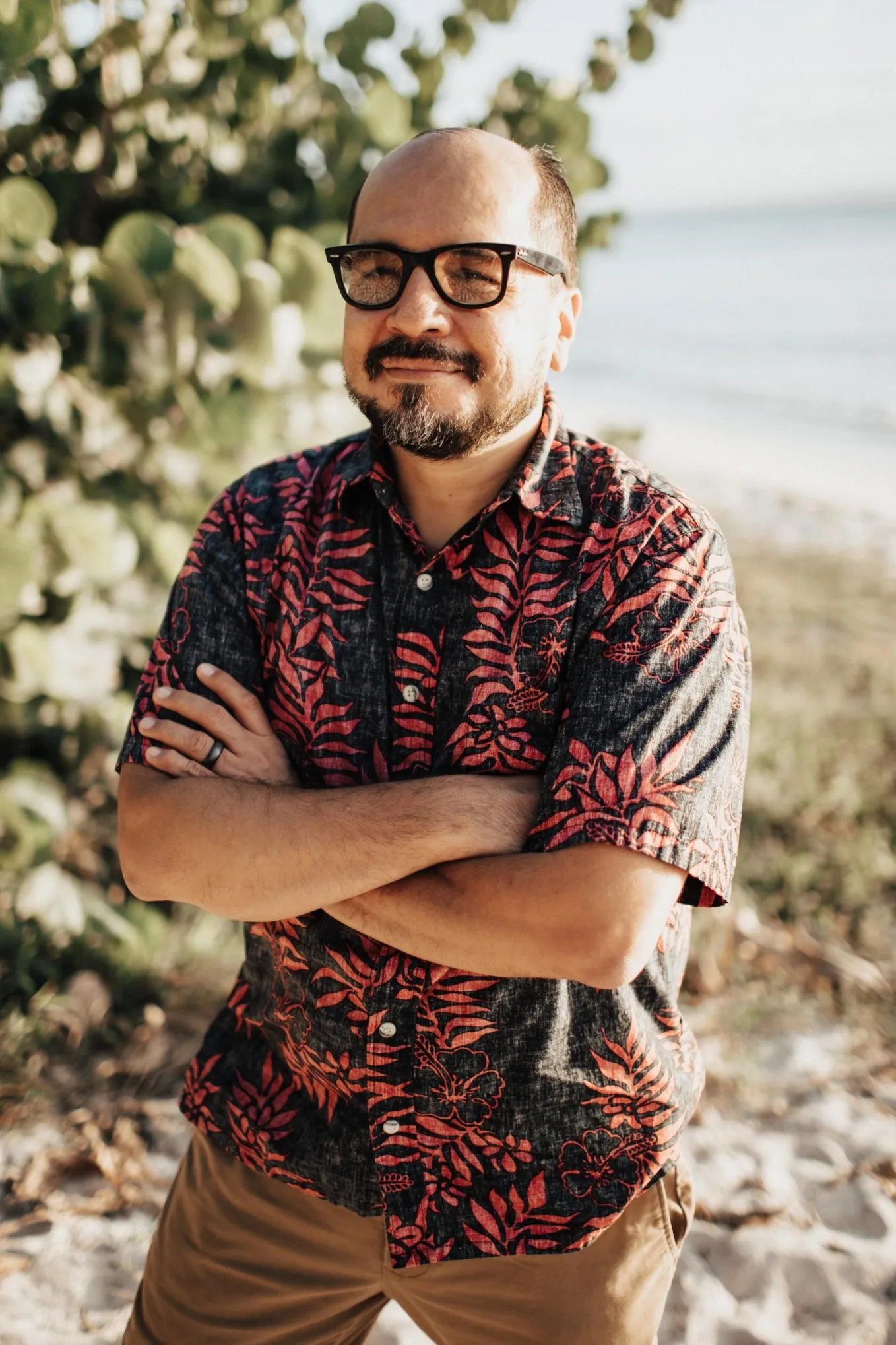
By Zaldy Dandan – Variety Editor
TOWARD the end of February 1986, the generally nonviolent “people power revolution” in the Philippines was one of world’s biggest news. It was the banner story of the New York Times and other major newspapers, and was featured on prime-time broadcast news in the U.S. and other countries. Cory Aquino, who was named “The Woman of the Year” by Time magazine, was so famous she merited an impersonation on “Saturday Night Live.”
She would later be invited to deliver an address before a joint session of the U.S. Congress. Her speech received multiple standing ovations, and was interrupted by applause several times. “You have spent many lives and much treasure to bring freedom to many lands that were reluctant to receive it,” she said. “And here you have a people who won it by themselves and need only the help to preserve it.” House Speaker Tip O’Neill called it “the finest speech I’ve ever heard in my 34 years in Congress” while Sen. Robert Dole remarked, “Cory, you hit a home run.” She would have a one-on-one meeting and a working lunch with President Reagan at the White House. For his part, U.S. Secretary of State George Shultz was often seen with a Cory doll dangling from his tuxedo pocket at various functions.
Here in the CNMI, when Variety was still a weekly newspaper that came out on Fridays, the dramatic events in the Philippines were mentioned in a brief AP news story at the bottom of page 2, and again in another short AP article on page 22. There were no photos, but there was an editorial cartoon from the U.S. depicting former President Ferdinand E. Marcos Sr. — who was toppled in the uprising — as a skunk on a leash that had also entangled President Reagan, who was holding his nose, while the leaders of other nations, likewise holding their noses, fled the scene.
CNMI residents wishing to know more — or to see additional photos and videos — of that highly publicized event had to rely on friends or relatives for copies of Philippine or U.S. newspapers and VHS recordings of the newscasts.
That was how it was in those days, living in the faraway Pacific islands. Print and broadcast news reigned supreme, but the logistical hurdles of bringing them to remote places were substantial.
Back in the day, even local news traveled slowly. In 1993, my first year on the island, I learned about the general election results — like many other residents — two days after voters cast their ballots. Election Day was on a Saturday, and the results appeared in Variety on Monday. Even the “latest” international news published by Guam’s PDN, which had Saturday and Sunday print editions, were at least a day or more old. To be constantly updated, news junkies must pay for cable TV, which aired CNN.
Not surprisingly, for many residents who were not familiar with many of the news happening elsewhere in the U.S. and the rest of the world, CNMI problems were “unique” and, quite possibly, “beyond the pale.” Every other island jurisdiction seemed “better” than the CNMI or at least wasn’t “as bad.”
Today, we can know what’s happening anywhere in the world the moment it happens, including not just the U.S. capital, but the States, other territories and islands. We can now know more about the problems of their governments, the seemingly endless challenges, old and new, they have to face and struggle with it.
And today, I can say that a reasonable person familiar with news from around the world would likely prefer the CNMI’s problems to those bedeviling other countries, territories, or islands — problems such as ethnic and other acts of violence, relentless criminal activity, rampant graft and corruption that largely goes unpunished, and seemingly hopeless poverty, among other blights of modern-day life.
To begin with, the CNMI is not a “country,” but part of, yes, the world’s greatest nation — no matter what its critics, usually American-educated, would say. And they would rather say it in the U.S., where they prefer to work and reside, than in Russia or China.
Compared to many of their fellow Pacific islanders, CNMI (and Guam residents) enjoy something truly precious — the freedom to live under the American flag and the wealth of opportunities it provides, including second and third chances, options, and mobility.
This is not only where America’s day begins. This is also the place where there is always another day.
Send feedback to editor@mvariety.com
Zaldy Dandan is the recipient of the NMI Society of Professional Journalists’ Best in Editorial Writing Award and the NMI Humanities Award for Outstanding Contributions to Journalism. His four books are available on amazon.com/.











